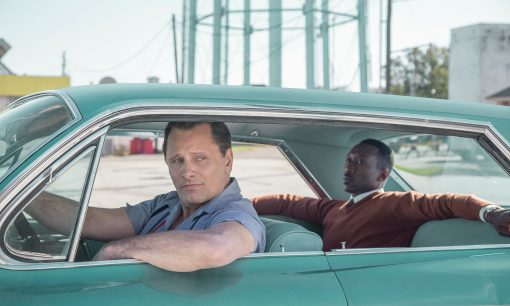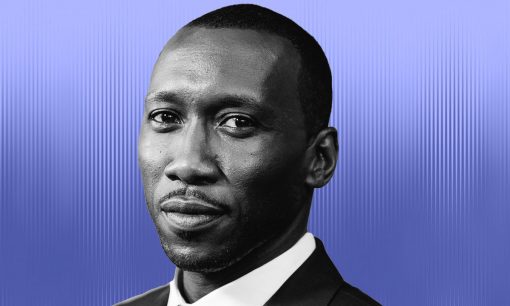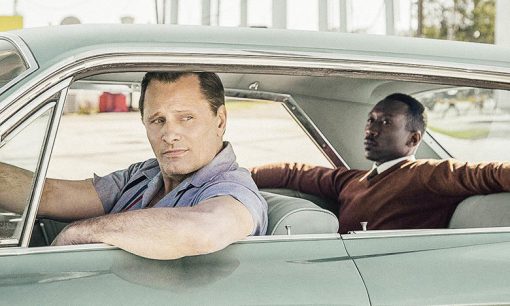
‘Green Book’ Is a Poorly Titled White Savior Film
The reviewer asks us to "imagine having a queer Black protagonist in the '60s, a literal prodigy, living lavishly above the actual performance hall of the most iconic prodigies, who has his own throne room, and choosing to tell the story of his life from the racist white guy's perspective. Oh, what Ali could've done with a Dr. Shirley movie!" The review is accompanied by video clips where Peter Farrelly is asked why he chose to tell the story from Tony Lip's perspective, and Mahershala Ali is asked to explain how this is not a "White Savior" movie. She concludes, "we don't see Dr. Shirley's story in Green Book without Lip's lens. Without Lip, there is literally no movie. And perhaps that would've been best."

